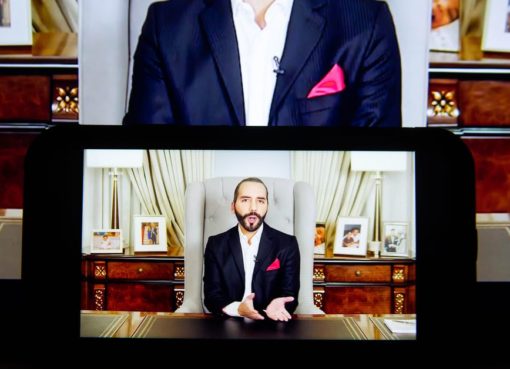Telegram’s eagerly awaited blockchain, Telegram Open Network (TON), is set to be launched on October 31. However, the yet-to-be issued tokens are already trading on an unauthorized secondary market.
Purchase Agreement Does Not Allow For Resale
Investors are already seeing returns as high as 400% on Telegram tokens, known as grams; however, secondary buyers run the risk of their investment being worthless, as a clause in the initial offering of grams prevents their resale in any way before the launch of TON. The company is also running on a deadline, and if TON doesn’t launch by October 31, then the company will be forced to refund $1.7 billion USD raised during an offering in February and March of 2018.
The purchase agreement states that “buyers of grams may not offer, pledge, sell, swap, encumber or dispose of their tokens, directly and indirectly,” nor may investors sell “any securities convertible into or exercisable or exchangeable for the investment contract” between an investor and Telegram. Despite these restrictions, a secondary market for grams sprung up before the ICO had even ended.
The Talk of the Industry
Grams initially sold for $0.37 USD in the first offering and $1.33 USD in the second. In the secondary market, grams were reselling for $2, which is an increase of 440% from the first ICO. This highlights the huge potential and serious interest in Telegram’s blockchain network, which was the talk of the industry early last year. However, Telegram is yet to publicly acknowledge TON, and both offerings were extremely secretive and highly selective. Telegram had planned for further ICOs; however, these plans were unexpectedly shelved last May.
>> Binance Launching Venus Blockchain Project: Challenging Facebook’s Libra?
Some Concerns
The lack of movement from Telegram has raised some concerns from market analysts, particularly Francis Pouliot, who said, “Is the real use-case of blockchain technology the elaboration of mechanisms to launder money via shady public financing schemes?”
Telegram is a cloud-based instant messaging platform, very similar to WhatsApp but with self-proclaimed superior encryption capabilities, with a user-base in excess of 200 million. The company was founded by Russian entrepreneur Pavel Durov in 2013 and is yet to yield a profit.
Featured image: DepositPhotos © prykhodov




